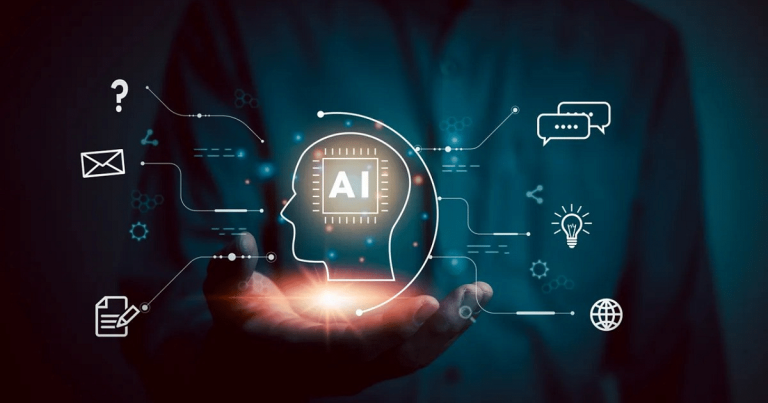Businesses have been using AI for a long time, primarily in the area of personalization, be it bots, chatbots, CRM tools, etc. Biswas opened the session by asking marketers how they differentiate between generational AI and traditional AI applications in marketing.
Rohit Dadwal, CEO of MMA Global – APAC, explains that personalization from a data perspective is complemented by creativity, and that’s where Gen AI comes in. As marketers advance in personalization and personalized ads, they are working to figure out how to tailor each type of ad to each consumer.
“I think generative AI will play a big role in the segmentation and cohort design processes that AI will enable. That’s where generative AI will start to make it easier to use these tools in the best possible way. While that change won’t happen immediately, we need to start by creating sandboxes from a branding, trademark, and IP perspective. Once that’s done, it will become much easier and more consumer-friendly to deliver the right ad with the right creative to the right audience,” he says.
As marketing evolves with the integration of advanced technologies, every element of a brand’s strategy is being rethought, including how products are presented to consumers. Packaging, traditionally considered a static element, is now recognized as a dynamic element that can significantly influence consumer perceptions and decisions.
Amit Sarda, Managing Director, Soulflower, says that product is nothing without packaging. You can create a product, but you need proper packaging.
He added that one of his concerns about the packaging is whether the product will ever oxidize, as Soulflower makes products without preservatives and AI can help solve those types of issues.
“We work very closely with our research and development (R&D) team, and I am personally involved in AI on a daily basis. I think the opportunities are huge. It’s just crazy to see how things are evolving today and it’s an exciting time for me as a product manager and as a marketer,” Sarda notes.
AI-powered recommendation systems, in particular, have transformed the way brands engage with their audiences by offering personalized suggestions based on individual preferences and behaviors.
Devika Sharma, Vice President and Managing Director, InMobi, believes that the key asset of AI is relevance. It is able to understand user behavior with precision. According to her, being able to establish relevance with much higher success rates is one of the key elements of AI.
“At Glance, I believe one of the biggest benefits of AI is its ability to drive serendipitous discovery. This means that users are not only presented with content in a linear consumption model, but are also exposed to related content categories and trending topics that might be relevant to them. Regardless of the platform, AI plays a critical role in ensuring content liquidity. One obvious application is facilitating seamless language translations, which AI has significantly improved,” she adds.
Marketers stress that to effectively leverage AI in marketing, it is essential that they remain realistic, ensuring that the content they create – whether branded or not – is as authentic and grounded as possible.
AI has also made contributions to e-commerce and online stores by providing personalized shopping experiences, improved customer service, and optimized inventory management.
According to Sukhleen Aneja, former CEO of Good Glamm Group, AI will eventually disrupt the entire value chain. She points out that digital communication requires more dynamic advertising, where different messages are personalized for different audiences, a task in which AI will play a vital role.
Aneja also said that on the supply side, AI can improve forecasting capabilities, provided there is sufficient historical data to create accurate predictive analytics. “Historical data is essential for large language models to produce predictable results. Additionally, AI already plays a significant role in improving customer experience, a major use case in the industry,” she said.
Dadwal adds that AI-driven or powered measurement analytics, coupled with machine learning, will drive significant marketing automation. Performance-driven brands will be the short-term beneficiaries.


